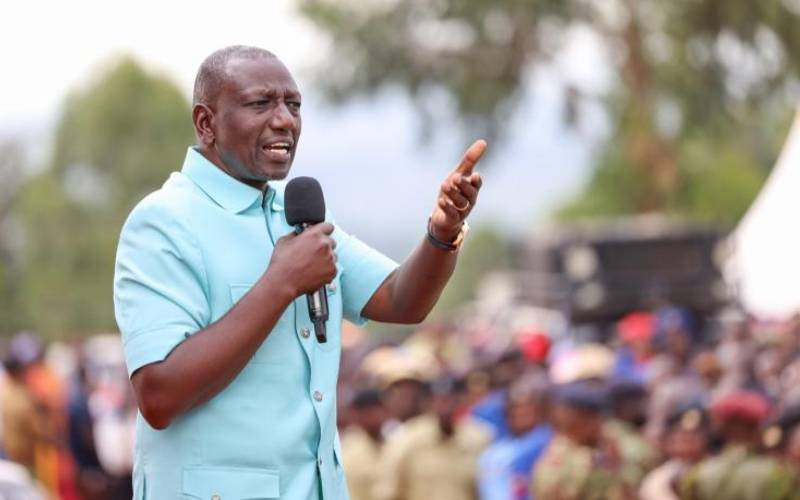×
The Standard e-Paper
Stay Informed, Even Offline

President William Ruto seems to have devised a way of adopting former President Uhuru Kenyatta's projects that he criticised during campaigns.
To avoid being accused of duplicating Jubilee projects, Ruto has opted to rename them or amend some policies.